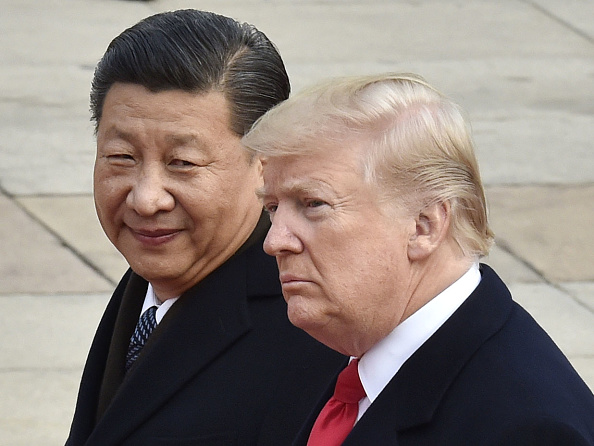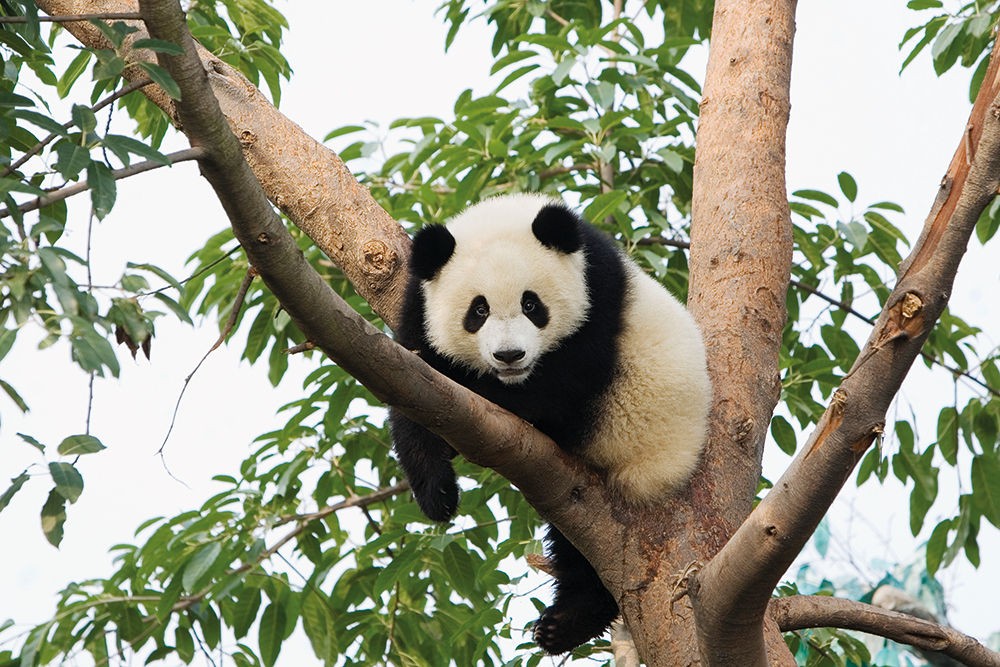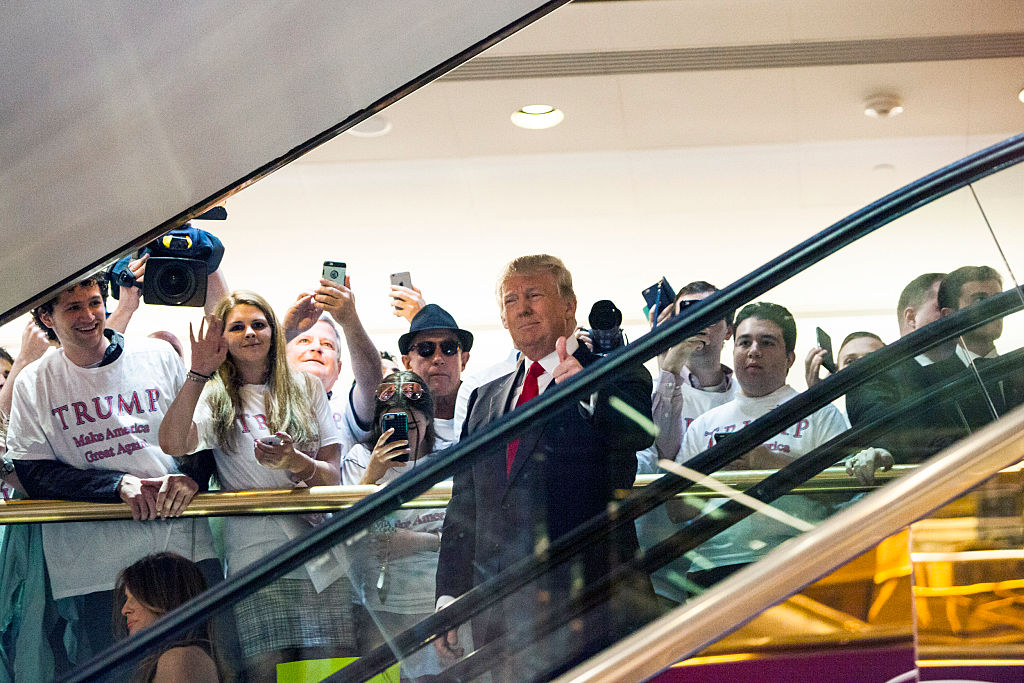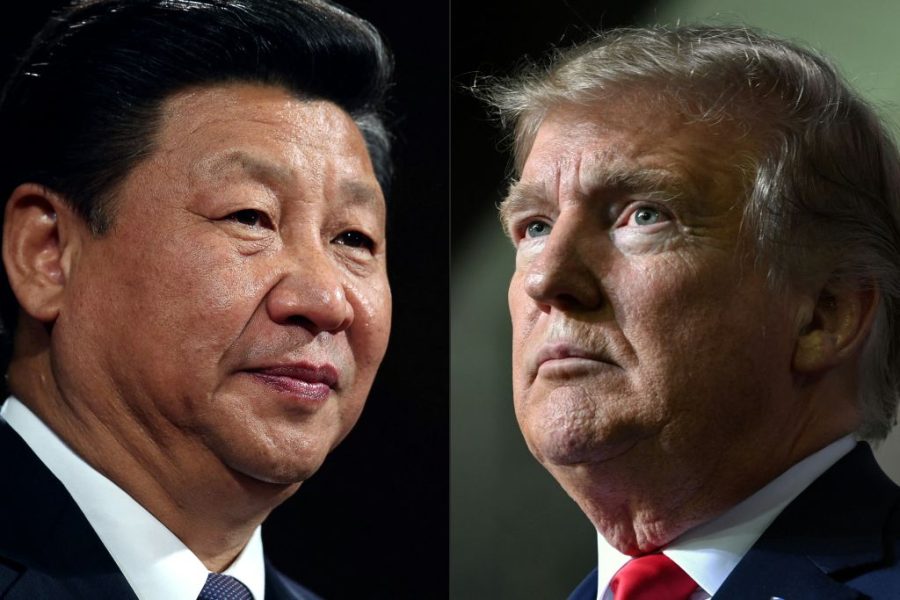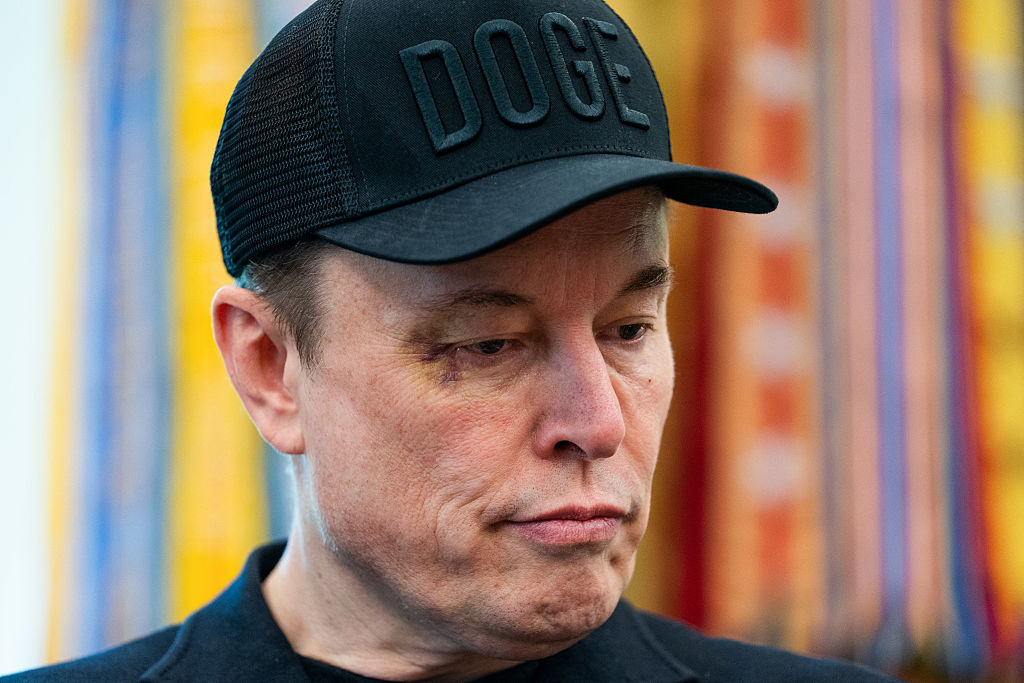China’s leadership knows it has badly underestimated the Trump administration’s will to raise the stakes on trade front. They therefore hope that today’s meeting between the president and Xi Jinping in Buenos Aires produces a return to the status quo ante. The ideal outcome for Beijing would be agreement to establish an ongoing dialogue similar to the one conducted earlier this century in which China could dictate the pace of concessions in order to alleviate the pressure from sanctions. This would be based on making the most of the Trump’s positive evaluation of his personal relationship with the Chinese leader and concern in the administration at the impact of tariff escalation on US consumers and inflation. It would enable Xi to go on putting himself forward as the champion of globalization as the People’s Republic seeks friends to buttress its position and supply it with the high-tech goods it needs.
Such an outcome is unlikely. The administration has been divided between Treasury’s desire to strike a deal and trade hawks Robert Lighthizer and Peter Navarro who champion changes to China’s economic system as the price for alleviating sanctions. Now the hawks appear in the ascendant – Navarro’s presence at the Trump-Xi dinner after apparently not having initially been included on the guest list is a sign of the way the wind is blowing. If a framework for talks is agreed, Lighthizer and Navarro will want to keep a grip on them, and Trump will demand results.
After its slowness in realizing how strategic rivalry had replaced constructive engagement as the driving force in US policy, and its misplaced belief that the midterm elections could alleviate the trade pressure, China is now reduced to putting its hopes on the president’s desire to come out with a deal. In this scenario, the summit dinner in Argentina would be a replay of the Trump-Kim Jong-un meeting in Singapore, long on words which the president can tout as victory, but with little guarantee of follow-up action. But, against that has to be put the president’s faith in tariffs as the way to achieve his long-standing aim of reducing the trade deficit, and the contrast he draws between the strength of the US economy and the current slowdown in the People’s Republic.
Recognizing that they are likely to be in for a long and difficult haul, Xi and his colleagues have been busy taking steps to promote China’s ‘self-reliance’, especially in semi-conductors and other high tech products which it needs to achieve its economic modernization plans but which are now at the mercy of export and corporate acquisition restrictions promoted by Washington.
More immediately, the leadership has to cope with a slowing economy and the debt mountain built up as the price of recovery from the 2008 downturn. Tariff escalation would aggravate the central economic problem China faces but there is little Xi can do to meet demands for structural changes without chipping away at the dominance of the Party State on which Xi bases his authority.
Jonathan Fenby is author of Will China Dominate the 21st Century? and the Penguin History of Modern China.



